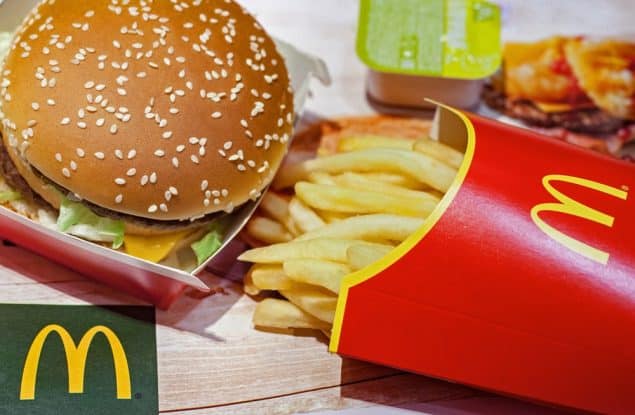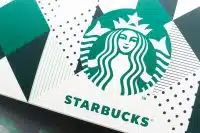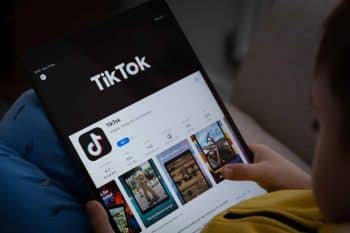Home » Bizarre Lawsuits • US business news » 9 Crazy Lawsuits Launched Against Fast Food Companies
9 Crazy Lawsuits Launched Against Fast Food Companies
https://www.whatjobs.com/news/bizarre-lawsuits/9-crazy-lawsuits-launched-against-fast-food-companies

By Hugh Fort in Bizarre Lawsuits, posted February 21, 2024

Fast food restaurants serve millions of people every day, which makes them both hugely popular and also a major target for litigation.
Some lawsuits are reasonable, some are from people who think they've been a victim of a perceived injustice. and some feature people clearly trying to get a massive payout.
Here are nine real lawsuits that stand out for their unusual nature, involving some of the world's most well-known fast food chains.
The Hot Coffee Case Against McDonald's
On the surface, the lawsuit launched by Stella Liebeck against McDonald's in 1992 appears to be the worst kind of unnecessary legal action.
Liebeck, 79, sued the company after suffering burns from hot coffee she spilled in her lap.
However, it should be considered that she suffered third-degree burns in the incident.
She initially asked McDonald's to cover her medical costs of $20,000.
However, McDonald's refused and so the case made it to court.
It was revealed during the case that McDonald's coffee is, in fact, super hot.
The drink is far hotter than coffee from other outlets.
The coffee was so hot it burned her skin away to the layers of muscle and fatty tissue.
She spent eight days in hospital and needed skin grafts.
So not exactly a minor injury.
Having asked for $20,000, she was awarded $200,000 in damages, later reduced to $160,000.
McDonald's was also ordered to pay her $2.7 million in damages because of its behavior over the case.
This was reduced to $480,000, and both parties ended up entering a post-verdict settlement
“I was not in it for the money,” Liebeck said at the time. “I was in it because I want them to bring the temperature down so that other people wouldn’t go through the same thing I did.”
Wendy's and the Finger in the Chili
From Ms Liebeck's noble intentions to a gross scam that proved to be massively damaging for Wendy's.
In 2005, Anna Ayala claimed to have found a "crunchy" human finger in her chili.
She sued and an investigation began.
The probe unraveled a bizarre plot to scam the fast food giant.
It found:
- There was a finger
- It didn't belong to anyone at the restaurant or the facilities where the chili was made
- It was "not consistent with an object that had been cooked in chili at 170 degrees for three hours."
- Ayala had a history of creating false lawsuits
The publicity around the case led to Wendy's taking a $21 million hit.
Incredibly, it was found Ayala's husband had bought the finger from a man who had lost it in an industrial accident.
Ayala was jailed for nine years for the scam and other unrelated crimes.
Her husband was jailed for 12 years for his involvement.
Need Career Advice? Get employment skills advice at all levels of your career
Subway's "Footlong" Sandwich Dispute
Subway was sued in 2013 after customers complained that its "footlong" sandwiches were consistently less than 12 inches long.
The lawsuit led to a settlement where Subway agreed to ensure its bread would be at least 12 inches long, although this agreement was later thrown out by a judge who called it "utterly worthless" for consumers.
Read the full story here.
KFC's Kentucky Fried Rat
This is more of a case of a company working fast to avoid a lawsuit and a lot of bad publicity.
KFC faced a public relations crisis when photos of a fried piece of chicken resembling a rat went viral.
The customer was threatening legal action and claimed they were carrying out a test on the meat to establish whether it was chicken or not.
KFC offered to pay for a DNA test, which confirmed it was indeed chicken, showcasing how quickly customer complaints can escalate on social media.
Starbucks Over Ice in Iced Beverages
Starbucks faced a lawsuit in 2016 from customers claiming the company was putting too much ice in its iced beverages, thereby shortchanging customers on the amount of liquid drink they were receiving.
The case was dismissed, with the judge ruling that ice is a component of an iced beverage.
McDonald's Cheeseburger Happy Meals
In 2010, a lawsuit was filed against McDonald's by a group of consumers led by a California mother, claiming that the company's use of toys in Happy Meals constituted unfair and deceptive marketing practices aimed at children.
The lawsuit was part of broader criticism over fast food marketing tactics.
Burger King's Vegan Impossible Whopper
In 2019, Burger King was sued for allegedly misleading consumers by cooking its vegan Impossible Whopper on the same grills as its traditional meat products, thus contaminating the plant-based option.
The fast food giant's defense was that the company never advertised the Impossible Whopper as a vegan or vegetarian product.
The company said customers could request their burger to be cooked in a microwave instead, avoiding the grill altogether.
The result of the case is not known.
McDonald's Mozzarella Sticks Without Cheese
McDonald's faced a lawsuit in 2016 over its mozzarella sticks containing no cheese, which plaintiffs claimed constituted false advertising.
The company made the fairly obvious statement that the issue was a production error, rather than a company policy.
The case was dismissed.
Chipotle's GMO-Free Claims
Chipotle was sued in 2015 over claims that its menu was entirely GMO-free.
The lawsuit argued that this was misleading since some of the restaurant's meat and dairy products came from animals fed with GMO feed.
The lawsuit was dismissed in 2016.
The judge ruled Chipotle's marketing did not constitute false advertising, as it reasonably outlined the extent of its non-GMO claims.
Follow us on X, LinkedIn, and Facebook














